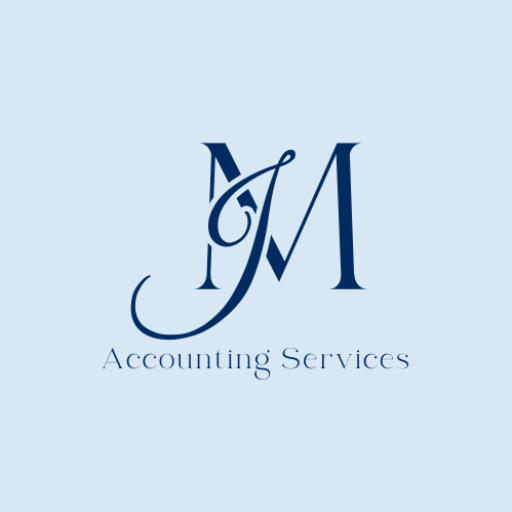How to Calculate and Reduce Your Days Sales Outstanding (DSO)
Overview The measurement of Days Sales Outstanding (DSO) is critical for understanding how efficiently a business collects revenue after making a sale. A well-managed DSO improves liquidity, enhances cash flow, and supports overall financial stability. This article explores what DSO means in financial accounting, why it matters for cash flow management, and how organizations can … Read more
